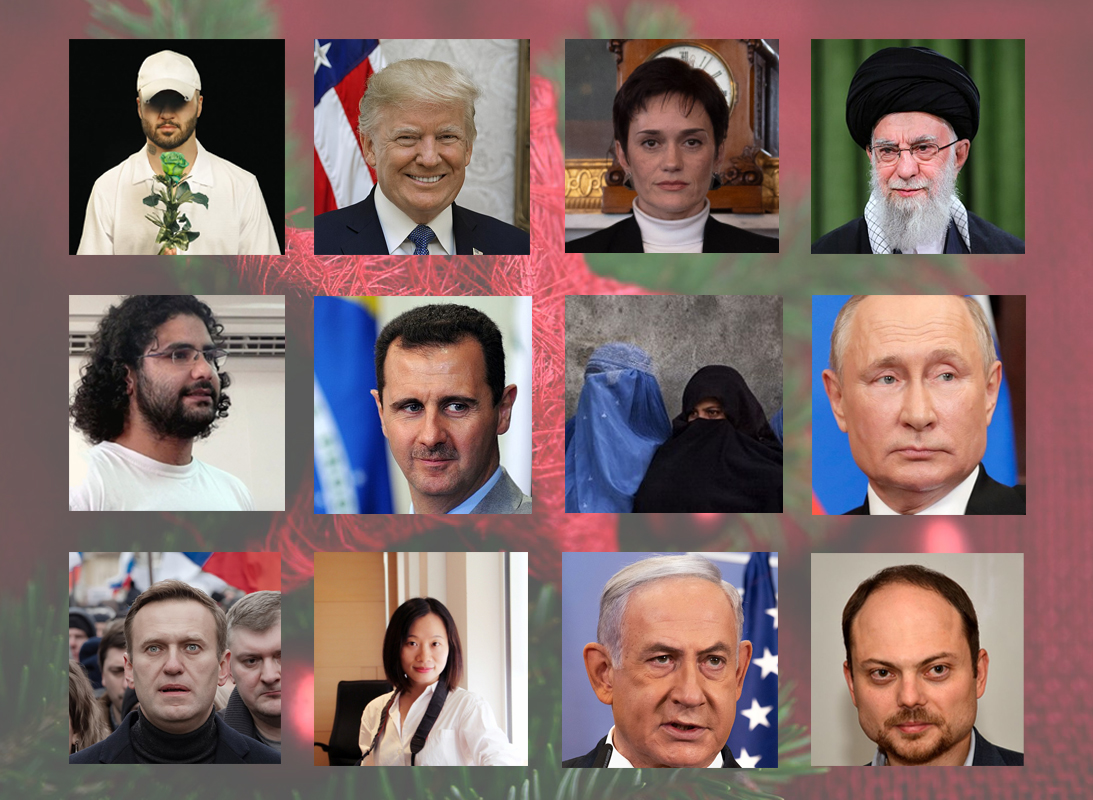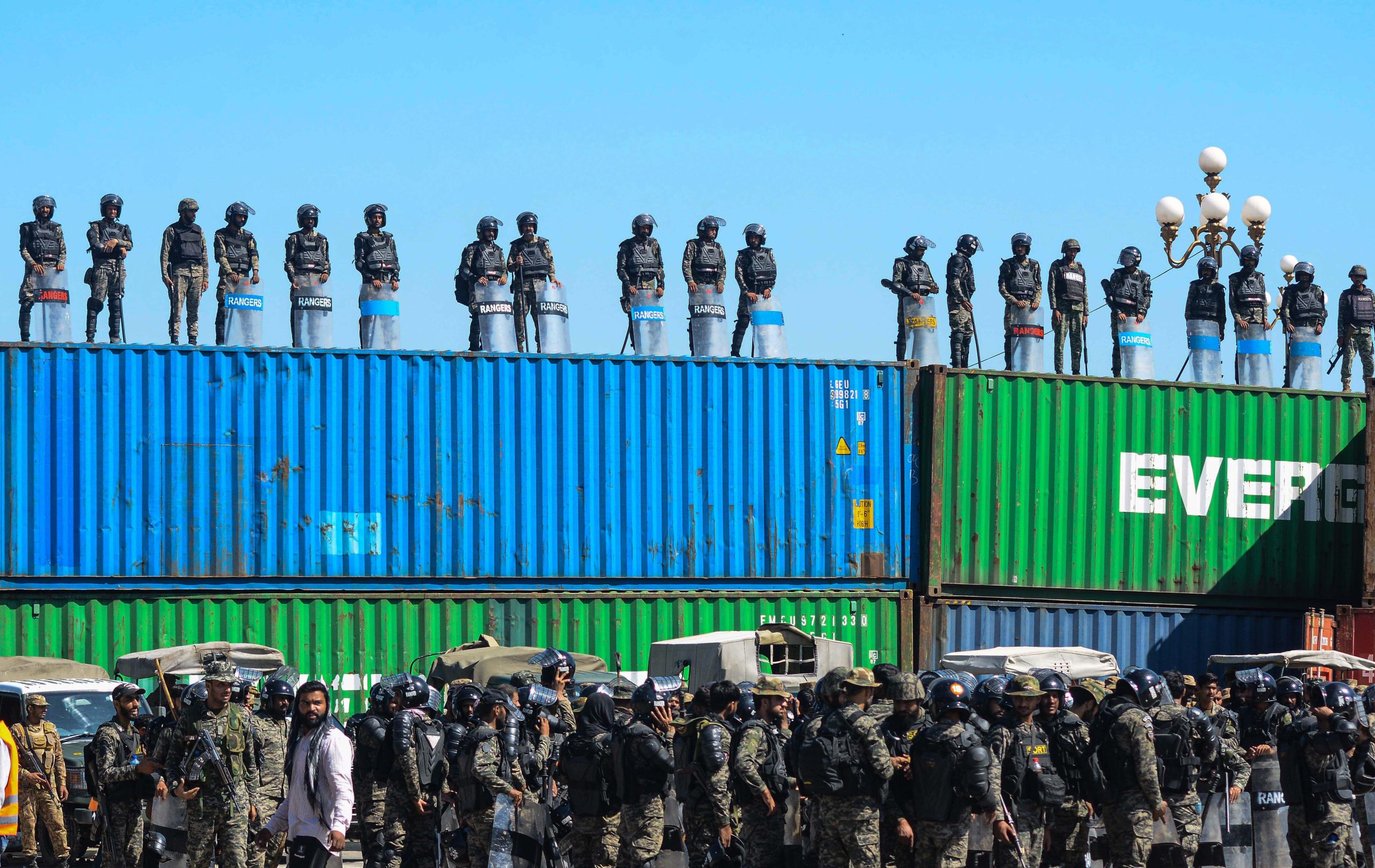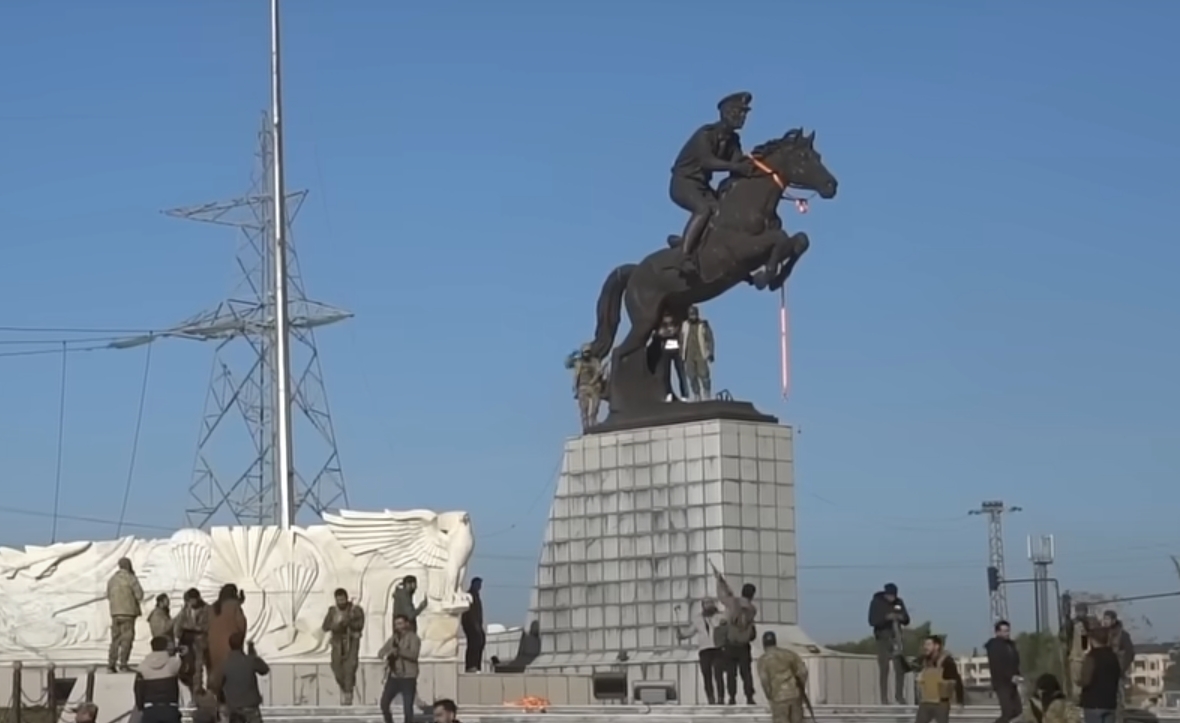 Herta Müller has been awarded the Nobel Prize for Literature. In this interview published in Index on Censorship, she discusses the death of free expression in Ceauşescu’s Romania
Herta Müller has been awarded the Nobel Prize for Literature. In this interview published in Index on Censorship, she discusses the death of free expression in Ceauşescu’s Romania
The following interview with Herta Müller was conducted by Cecile Rolin for Amnesty International’s Belgian Section in March 1989 and translated and published in Index on Censorship in September 1989, just weeks before the overthrow of the Ceauşescu regime
Cecile Rolin: Mrs Müller, can you go back to Romania?
Herta Müller: No.
Are there any members of your family left in Romania?
Only friends, families of friends.
Can they leave Romania?
No, nobody can leave Romania. It’s completely unthinkable. Except in a few special cases, such as ours — because we belong to the German minority and there are special agreements with West Germany. Jews may get the chance to emigrate to Israel, and there are also the members of certain Protestant sects on whose behalf the US has intervened.
Do people ever get expelled?
There was the case of the writer Paul Goma (expelled by the regime in 1977).
What is the situation of literature?
Literature no longer exists. Neither does art. Or culture. Ceauşescu hates culture. Culture is dangerous and doesn’t give us anything. Ceauşescu sees culture as the occupation of parasites.
And what about writers?
What writers? Censorship is voracious. Nothing can be passed. The further the country sinks, the more people are gagged. You can’t say anything, especially about the general misery of life. Of course, there are still people who try here and there to communicate ideas in a hidden way. But this is no longer literature or journalism.
What about samizdat?
Perhaps you mean the copied manuscripts that circulate behind the counter. They are neither exactly literature nor political publications, but a new kind of writing …very brave, too.
Apparently you do not like being called a Romanian writer who writes in German. Is that because you don’t feel sufficiently Romanian or German?
My mother tongue is German. I only started to learn Romanian at the age of seven, like a foreign language. Romanian is still a foreign language to me. I speak it perfectly now, but I wouldn’t be able to write my books in Romanian. In other respects, I’m not quite typical of the German minority in Romania either. Ask them and you will see why. I criticise them, but I do so inside Romania. My father was a member of the SS; I know what I am talking about.
Has nothing changed in Romania?
In Romania your fate does not depend on you. It belongs to Ceauşescu. He can do everything, you can do nothing.
What about perestroika?
It stops at the Romanian border.
What regime would you compare Romania’s to?
To Stalin’s. In Romania we call it neo-Stalinism. This is not surprising. Ceauşescu started his political career in the 1950s, under Stalin.
Can one do anything from abroad?
Certainly you can do a great deal. To start with, you can speak up. We have not yet spoken up enough. Then you can denounce, protest. Each time a sufficiently vigorous protest is made, Ceauşescu takes a little step backward. This seems to be what’s happening with his “village operations” (the destruction of rural communities in the 1980s to make way for “agro-industrial complexes”).
Herta Müller’s The Passport is being republished by Serpent’s Tail. Click here for more details





